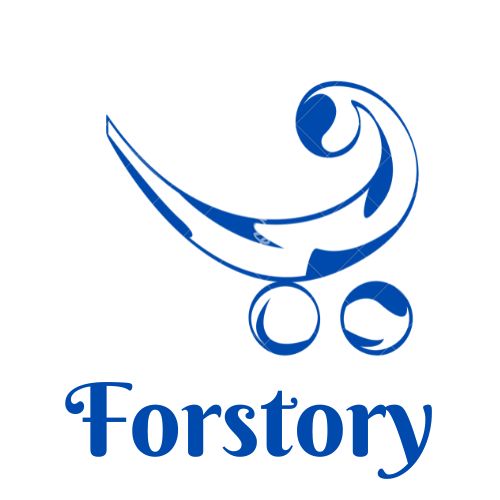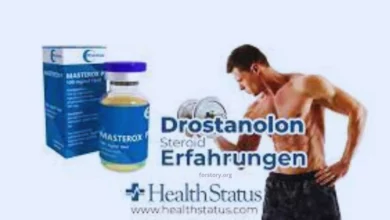How rehab centers play a vital role in patients recovery?
How rehab centers play a vital role in patients recovery?

The psychological therapy offered to drug abusers is known as drug rehabilitation. It assists the patient in overcoming drug abuse as well as process abuse. The therapy mostly consists of specialist counseling, depression medication, and spiritualization. Residential treatment, local support groups, extended care centers, recovery residences, and out-patient programs are all available at drug rehabilitation center in India.
Also Read: What is the most effective medication for treating joint pain?
No one treatment is suited for all, according to the principles of effective drug recovery treatment. Treatment must be easily accessible. Effective therapy addresses the individual’s numerous requirements. Treatment strategies must be evaluated and updated in order to address changing demands. Therapy efficacy is dependent on a patient’s ability to stay in treatment for an extended length of time.
What does Rehabilitation centers exactly involve?
Rehab includes a lot of counseling targeted at changing drug-seeking behavior, teaching healthier coping skills, and teaching critical relapse prevention techniques. As part of their ongoing therapy, many types of aftercare provide clients with long-term help and relapse prevention opportunities.
Phase 1: Intake—Creation of a personalized care plan.
During intake, the treatment team may do extensive evaluations, which may include a medical examination, psychiatric evaluation, and psychosocial evaluation. These examinations at a drug & alcohol addiction recovery center in Delhi will help the programme determine how to best tailor its treatment plan to you and your needs, including information on your personal drug use history, family history of addiction, and even financial arrangements for treatment.
Phase 2: Detoxification—removal of addictive chemicals from the body in a safe and efficient manner.
The symptoms of detoxification can be unpleasant and even dangerous. Medical monitoring can assure a patient’s safety and comfort throughout withdrawal. Withdrawal symptoms associated with some kinds of physical substance addiction can be highly unpleasant and even dangerous. Medical detox settings provide extra supervision, monitoring, and maybe therapeutic treatments for patients who are at risk of suffering these Type of hazardous withdrawal symptoms.
Phase 3: Rehabilitation—laying the basis for long-term care.
Effective withdrawal management and detox completion will allow you to devote more time to your long-term recovery, which is where the rehabilitation phase begins. A therapy-heavy recovery stage is the foundation of every Indian de-addiction treatment center’s longer-term treatment efforts. Intensive counseling and treatment may be able to assist you in dealing with the underlying issues that are causing your addictions.
Phase 4: Rehabilitation and aftercare—Long-term recovery requires ongoing healing.
Patients’ healing efforts do not finish once they complete their initial rehabilitation program; in reality, mending is a lifelong process.
A strong aftercare plan is essential, but the particular components of aftercare may differ from person to person.
Many patients continue to attend therapy sessions even after they have completed treatment. And some even submit to random drug testing to maintain their sobriety. Attending group therapy on a regular basis is a wonderful method to build a community support network. Drug Rehabilitation Center in New Delhi is a drug and alcohol addiction treatment center that properly supports your rehabilitation and works as a catalyst for a quick recovery.




